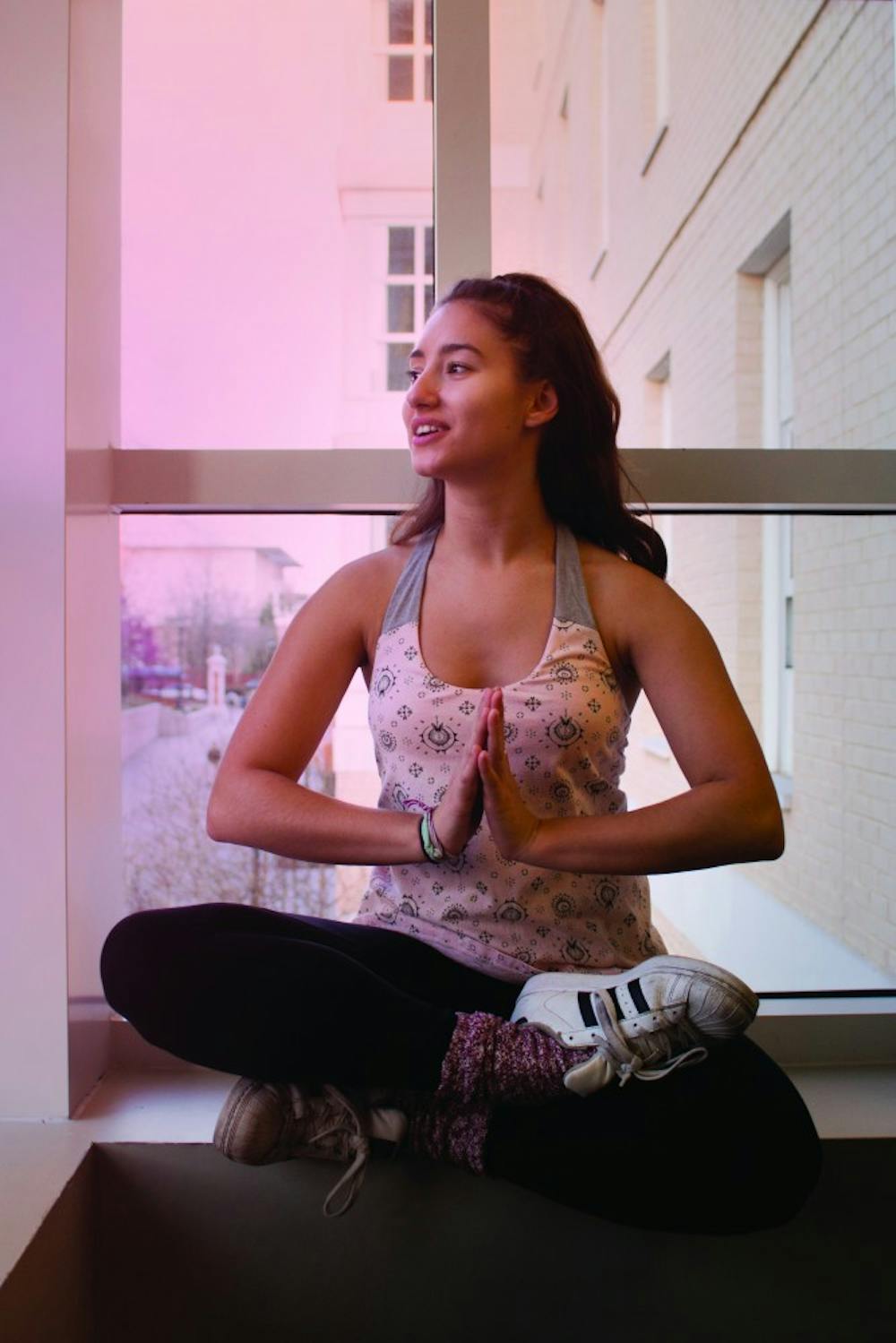According to the American College Health Association spring 2017 data report, one in five college students has either anxiety or depression. If we were to apply that statistic to the undergraduate students on the main Columbia campus, about 6,800 students are potentially affected.
The study also found that 24.5 percent of students were taking prescribed medication to alleviate the side effects. What about the other 75.5 percent of students, though? How are they managing their stress?
The truth of the matter is, anxiety presents itself in different ways. Oftentimes, anxiety manifests in an obsessive way, with ruminating thoughts, hyper-vigilance and irritability. Other times, people with anxiety experience fear, insomnia, palpitations and poor concentration. For that reason, it can be hard for students to figure out if they have anxiety or are just experiencing high levels of stress.
As a result, some self-cope or don’t cope at all, leaving them in a more complicated situation than before. However, managing stress doesn’t have to seem impossible. For most, implementing self-care and mindful meditation makes a world of difference. Here are two holistic options to consider that you can start at home or even right on campus.
Emulating Buddha
Focusing on the idea of happiness, Buddha teaches that in order to achieve a content state of mind, you must find inner peace. “We all have a natural source of inner peace in our spiritual heart,” said Kelsang Jangchen, a Buddhist nun who teaches locally at Meditation in South Carolina. It’s when that natural source of happiness is obscured by anger, stress or worry, that people are enveloped in negativity. “Through Buddhist meditation, we learn to stop identifying with these negative states of mind, and gradually to reduce and eventually eradicate these negative minds completely,” said Jangchen.
In order to accomplish this, Jangchen recommends watching your mind throughout the day, and working to identify any negative thoughts that come to mind. “This takes practice,” said Jangchen. However, with help from a teacher, or even from a class, it’s possible. “Through learning to identify and experience our own ability to quiet our mind and connect to an inner source of peace, we stop mindlessly reacting and instead gain more control over our ability to keep a positive and happy mind no matter what’s happening in our life,” said Jangchen. It’s recommended that you take 10 minutes out of your day to check in with yourself, quiet your mind and focus on your inner peace.
Utilizing Campus Resources
Finding help doesn’t have to mean looking outside of campus. In fact, there are tons of ways you can alleviate your stress or manage your anxiety right on campus. You can stop by Student Health Services C.A.L.M Oasis, Midday Meditation or Stress Management Consultations.
At C.A.L.M., students are able to practice meditation and mindfulness in a calm environment right on campus. In fact, all are welcome when classes aren’t in session to use the space to meditate, reflect, practice Yoga or engage in any other meditative experience. “It is definitely a place to unplug,” said Marguerite O’Brien, Director of Wellness, Prevention & Advocacy at Student Health Services.”
If you’d rather attend a class, Midday Meditation offers a 20 minute guided meditation with a trained staff member. This is a good option if you’re feeling stressed before an exam, or need to unwind before the weekend.
If you’d rather speak to a professional about your anxiety or stress, the Health Center also offers Stress Management Consultations which help to manage the day-to-day stresses. “We encourage students to come early in the semester, before they are feeling like their stress is overwhelming and impacting their daily functioning,” said Justina Siuba, the Program Coordinator for Stress Management.
There are a lot of ways to monitor your stress and anxiety on campus and locally. Anxiety and stress are among the top two concerns for college students, so you’re not alone in your feelings. There’s always someone who can help or even just listen. Next time your stressors get the best of you, remember to take a deep breathe, check in with yourself and find a quiet space. Your body and mind will both thank you for it.



